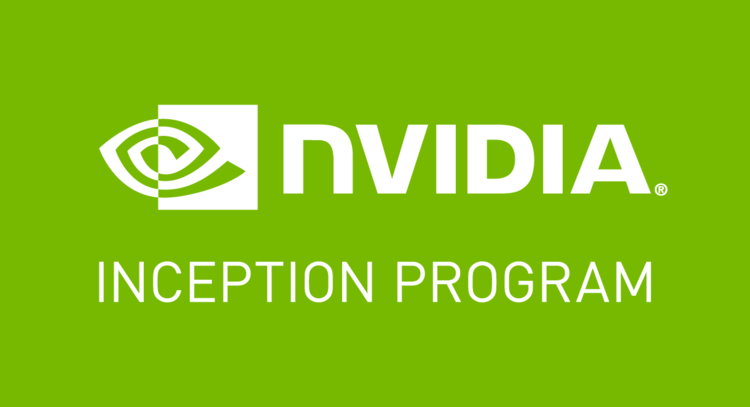Synthetic organisms for neural disorder and whole-brain-emulation science.
We build the world's most advanced digital organisms using AI and large-scale empirical data.


We build the world's most advanced digital organisms using AI and large-scale empirical data.
Captured and optimised for machine learning.
Our techstacks are optimzed for AI self-supervised learning of brain dynamics from synthethic data.
We help clients collect lifetime studies, rank targets, simulate interventions, and prioritize programs with causal, counterfactual evidence revealing manifolds of disease progression.




